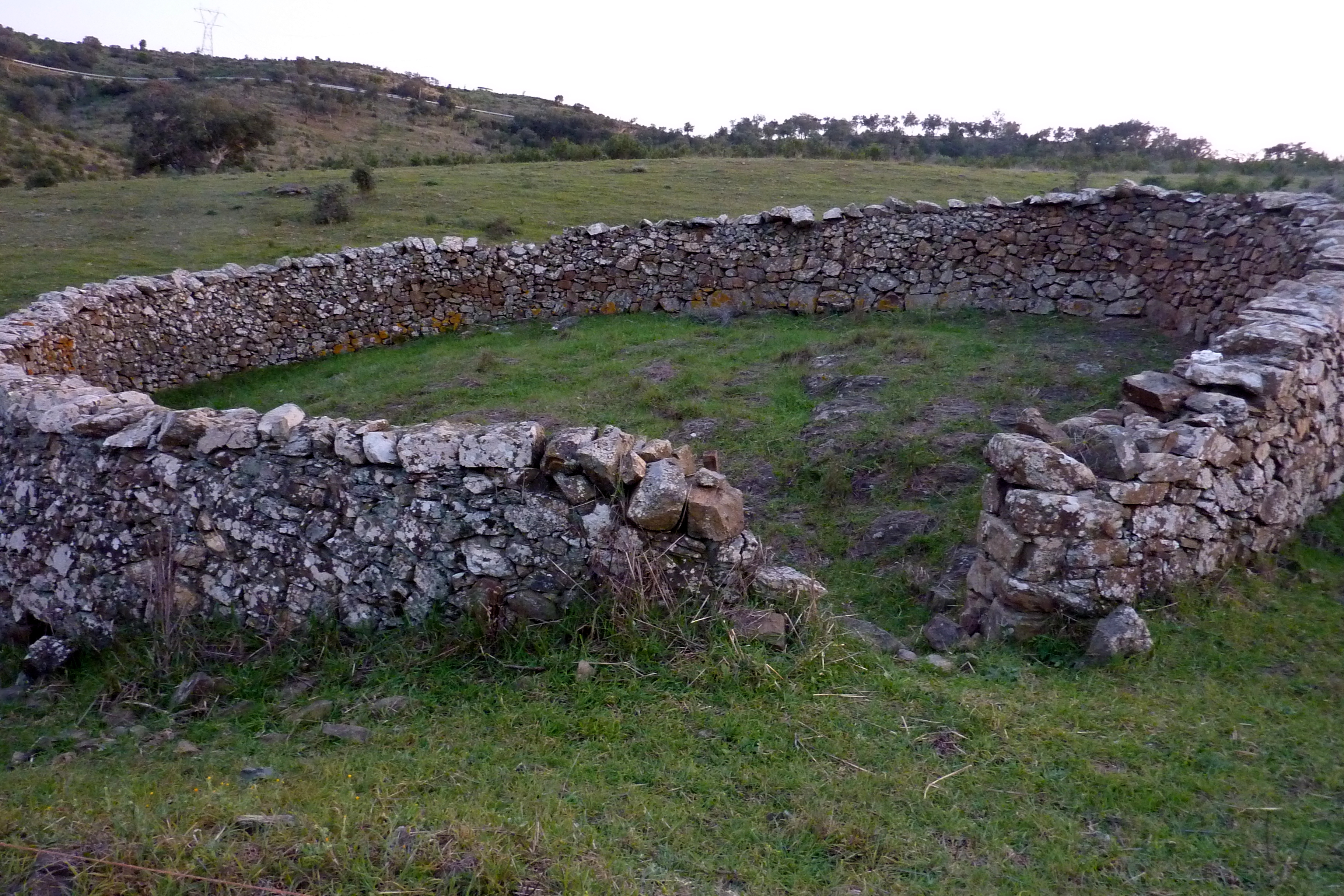Used with permission by author. Source: https://www.larryjent.org

John 10:7 Jesus said again, “Very truly I tell you, I am the gate for the sheep. 8 All who have come before me are thieves and robbers, but the sheep have not listened to them. 9 I am the gate; whoever enters through me will be saved. They will come in and go out, and find pasture. 10 The thief comes only to steal and kill and destroy; I have come that they may have life, and have it to the full. 11 I am the good shepherd. The good shepherd lays down his life for the sheep.”
It must have caused a few eyebrows to raise when Jesus put “good” and “shepherd” in the same sentence. To this day the nomadic Bedouins live on the edge of Arab society. They live by the law of blood feud and vendetta: “Myself against my brother; my brother and I against my cousin; my cousin and I against the stranger.” They are quick to take offense and slow to forgive. Surely Jesus was not claiming to be a good Bedouin?
But Jesus knew that those shepherds used stone circles as sheep folds. If you visit Israel today you may still see structures like these in use. There is a gap in the walls—an invisible gate. The shepherd lays down the staff and the first sheep jumps over it. After that, all the sheep jump at the same spot. It does not matter whether there is anything there or not. So the shepherd can pick up the staff to guide the flock. The sheep keep jumping into the fold, which makes them easy to count.
After every sheep is counted, the shepherd lays down in the gap. His body becomes the gate for the flock. He literally lays down his life for the sheep. The good shepherd stands up for those creatures that cannot defend themselves.
In Native American culture, this is what we call the warrior spirit. Being a warrior does not mean looking for a fight. Being a warrior means standing up for the weak so that they do not have to fight to survive. It means standing in the gap on behalf of those who cannot stand for themselves. It means being ready to lay down your life to protect life—for there is no greater love than this.
That is why Native people have always known that women are greater warriors than men. Women can give life through their blood. Men can only take life by shedding blood.
Over the past several days we have learned about vision quest. Young people go on vision quest to prepare to become warriors. But being a warrior does not mean looking for a fight. Being a warrior means standing up for the vulnerable ones so they do not have to fight. It means preserving fragile traditions so they will not be lost. It means standing up for the land and the water and the air so they will not be destroyed. It means loving so deeply and so profoundly that the warrior is ready to lay down her life that others might know life.
Here’s the thing: until you know what you are willing to die for, you can never know what you live for.
Warriors are not just called to lay down their lives in battle. They are called to lay down their lives in love every single day.
Jesus was more than just a man. He was the Creator’s good shepherd. He was able to give life through his own blood. He was able to give love—even to the outcasts on the edge of society. And he is able to take sheep like us, and turn us into loving warriors.
In this Lenten season, Jesus asks: are you ready to stand in the gap? Are you willing to lay down your self in order to stand for others? What are you called to live for?
O Creator, you sent your Beloved Son to stand in the gap, to lay down his life, and give us abundant life through his sacrifice of blood. Plant that same warrior spirit within us. Let us become good shepherds for Christ.
